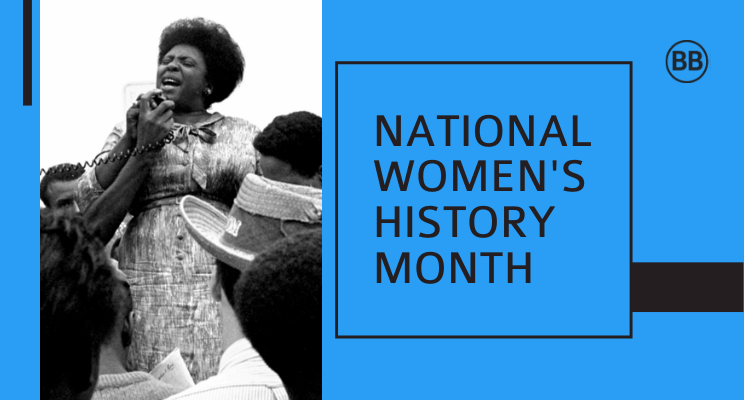10 Self Care Habits for a Happier Life
My One Word Theme for 2020 was actually two words – simplify and multiply. Little did I know that a global pandemic would enter the world, making it much easier to simplify my life!
As our lives and routines begin to revert to normal, though, we will again have opportunities to fill our schedules with all kinds of activities. I have been very hesitant to allow that level of busyness to fill my life, and I hope you will approach it cautiously, too.
Self-care is more important than ever. Anxiety, stress and depression are at an all-time high, and we need to take time for ourselves in order to combat those feelings. Making self-care part of your routine is not only important for your mental health, but also leads to greater happiness.
There’s no perfect, best or cookie-cutter way to take care of yourself. Self-care means incorporating habits into your life that make you a priority, and help you to feel more relaxed and happier. Here are 10 possibilities that might help, though.
Get plenty of rest
In my opinion, the most important ways that we can take care of ourselves is exercise, healthy eating, and getting enough sleep. I must admit, the sleep part is the hardest for me of the three. The research on this, however, is very clear – we need sufficient sleep each night to function effectively. For most people, this is around seven or eight hours of sleep per night. Do your best to stay rested, and give your body the gift of sufficient sleep.
Connect with other people
One of the biggest challenges of COVID has been isolation from people. For the past year, we have been encouraged to stay home, practice social distancing, and refrain from gathering together with family and friends.
Connecting with others is important. We know from research that babies who are not held enough can stop growing, and if the situation lasts long enough, even die. We all need human contact, and this has been severely reduced, or even eliminated, for many people.
If you can gather safely with others, then do so. Connecting can also include a simple phone call, or Facetiming your friends and family. Find ways to connect with others – it will be good for your soul, and theirs.
Be kind
Small acts of kindness have a profound impact on mental health. Unfortunately, the trend in the world seems to be in the opposite direction. I recently wrote an article about random acts of kindness. If you perform even occasional random acts of kindness, then you will positively impact those whose lives you touch. Ideally, your generosity will cause others to be more kind, too.
Get outside
According to many studies, getting outside in nature can reduce stress, improve mental health, and help you become more active physically. A regular dose of nature is even more important these days, with increased anxiety related to COVID. If you can, get outside regularly. Walk in a park, exercise, or even get outside just to look at trees and other green space.
Write in a journal
There’s something very cathartic about writing your thoughts into a notebook or Word document. Not only does it help you to gather your thoughts and express them in words, but the exercise also causes your mind to process what it is you’re writing, which often produces additional thoughts, possibilities and solutions.
Journaling is also a safe place to write anything you want. You can celebrate, gloat or brag, or express sadness, remorse or anger. It’s a great place to vent all your feelings, and work through whatever is happening in your life – without any repercussions.
Be grateful
One of the best things you can do at the end of your day is reflect on what you are grateful for. Recognizing the highlights of your day puts you in a state of appreciation. If you journal, then include three things you’re grateful for. Writing these down gives you the added blessing of being able to look back on your appreciation. Reflecting on what you are grateful for is a calming way to end the day and begin your rest.
Take time off
The lines between work and play are blurring, making it harder than ever to disconnect. Be sure to establish boundaries, so you give yourself sufficient time to rest. This includes time each day, at the end of the workweek, and periodically throughout the year (i.e., vacations). These breaks help you to take care of yourself, and be even more effective when you jump back in.
Avoid overeating
How many times do you eat too much, and then feel overly full? Sometimes, food is SO good, and we just keep eating it. The Japanese have a phrase called “hara hachi bu,” which is the practice of eating until you’re 80 percent full. I’m not sure how they know their “tank” is at 80 percent, but it seems like a pretty good strategy to make sure you don’t overeat. Consider reducing your portion sizes, and eat less than you think it will take to fill you up. Experiment with this, and notice the difference in your energy level, and how it makes you feel.
Create a new, stress-relieving habit
Stress relief is good for the soul, and it’s important to develop effective ways to manage stress on a daily basis. Some people find this relief in daily conversations with a friend or relative. Others enjoy a glass of wine in the evening. Your preference might be a quiet walk, or meditation. Whatever this looks like for you, incorporate 10-15 minutes of daily stress relief into your life.
Remember to play
I have a framed print in my office that says “PLAY”. As a child, I didn’t need the sign to remind me to have as much fun as possible. As we grow up, though, and additional responsibilities are added to our lives, play is often replaced by work. With all that’s going on in our lives – and in the world – making time to play is more important than ever.
For me, “play” means a couple squash matches per week, and maybe a card game after family dinner on Sunday. For you, it might mean putting together a puzzle, woodworking, or playing the guitar or piano. Whatever it is, remember to play. Carve out time for these activities in your weekly schedule.
I know there are many other great habits for taking care of yourself. What self-care habits have you incorporated into your routine? Contact me, and let me know the difference self-care has made in your life.
“Living longer and feeling better is the sum of a few easy choices you can incorporate into everyday life.”
– Dan Buettner





